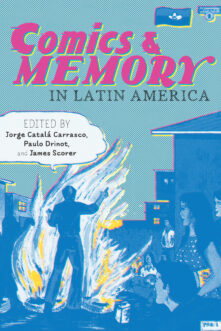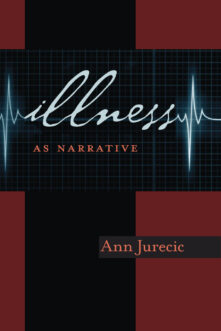Literary Criticism / General
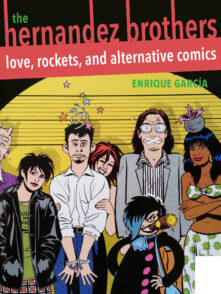

The Hernandez Brothers
Love, Rockets, and Alternative Comics
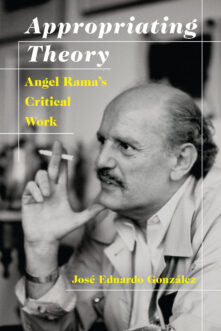

Appropriating Theory
Angel Rama's Critical Work
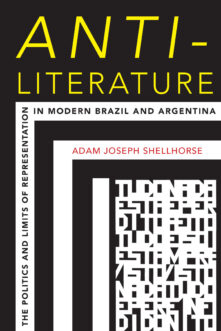

Anti-Literature
The Politics and Limits of Representation in Modern Brazil and Argentina
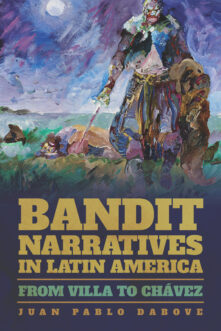

Bandit Narratives in Latin America
From Villa to Chávez
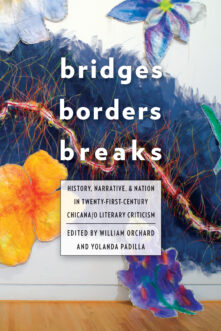

Bridges, Borders, and Breaks
History, Narrative, and Nation in Twenty-First-Century Chicana/o Literary Criticism
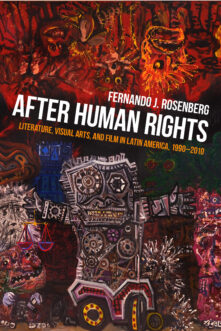

After Human Rights
Literature, Visual Arts, and Film in Latin America, 1990-2010
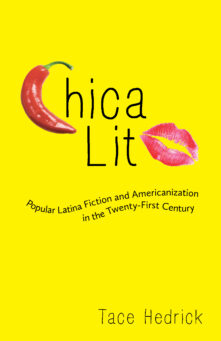

Chica Lit
Popular Latina Fiction and Americanization in the Twenty-First Century
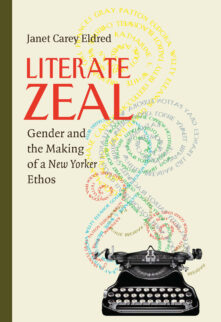

Literate Zeal
Gender and the Making of a New Yorker Ethos
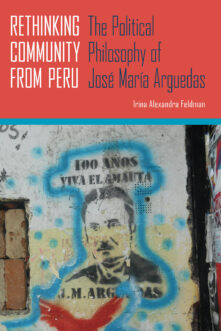

Rethinking Community from Peru
The Political Philosophy of José María Arguedas
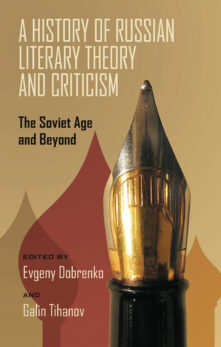

A History of Russian Literary Theory and Criticism
The Soviet Age and Beyond
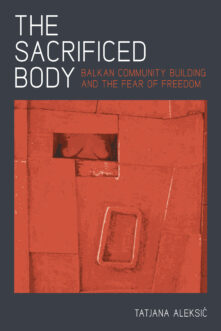

The Sacrificed Body
Balkan Community Building and the Fear of Freedom
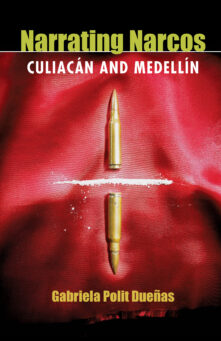

Narrating Narcos
Culiacán and Medellín
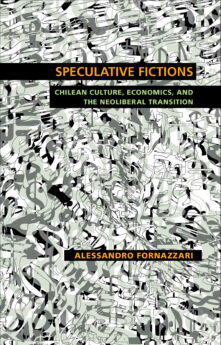

Speculative Fictions
Chilean Culture, Economics, and the Neoliberal Transition
Total 27 results found.


